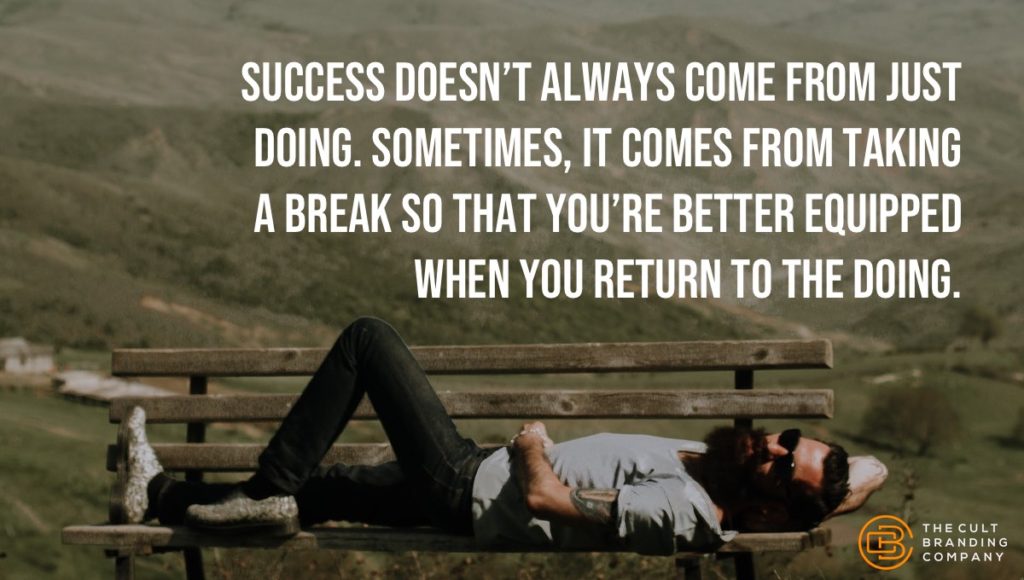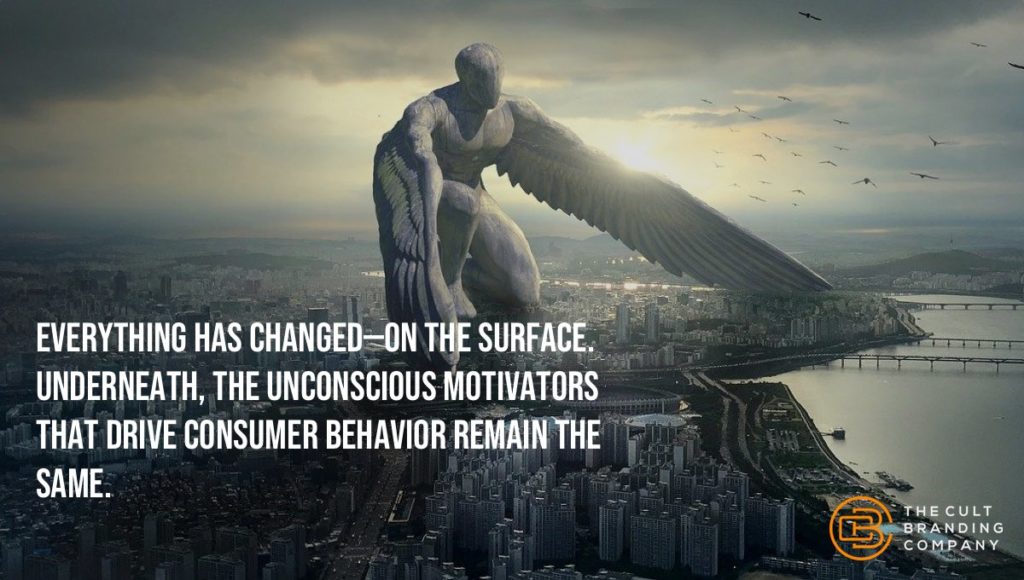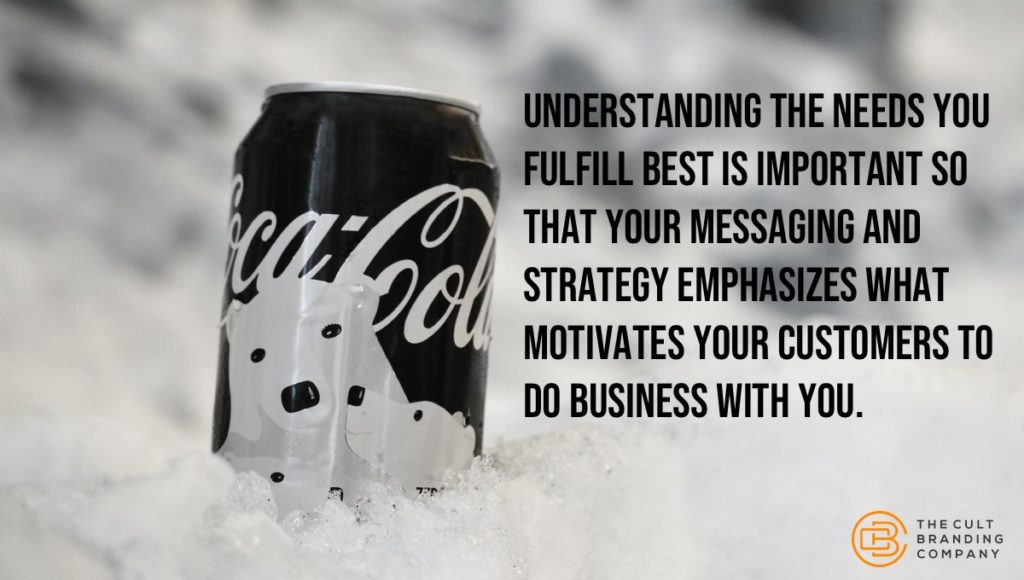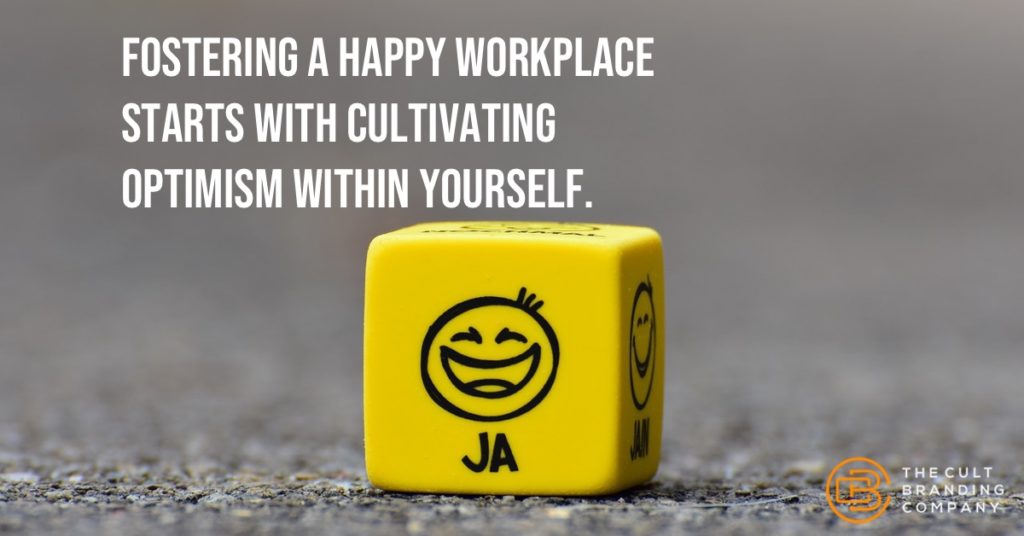
You’re probably doing many things right. But if you’re not careful, it’s easy to fall into habits that result in customers and employees becoming disinterested.
Interesting businesses aren’t just talked about more frequently in the media. Their businesses are alive. Energy flows throughout their organizations into the heart and minds of its customers.
This open exchange between business and customer continually breathes new life into the enterprise. It also helps to grow the business.
Here’s a list of ten things companies often unintentionally do that bore their customers and employees and what interesting companies do differently.









